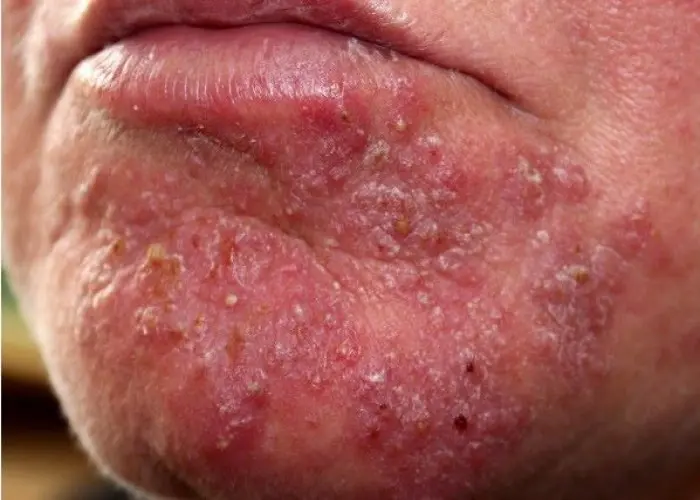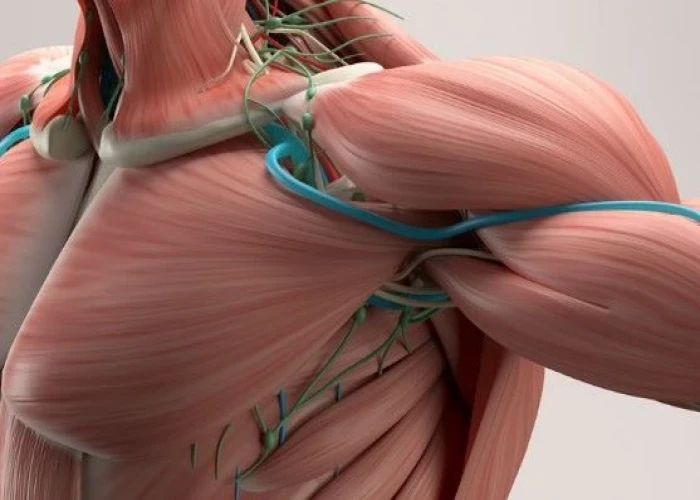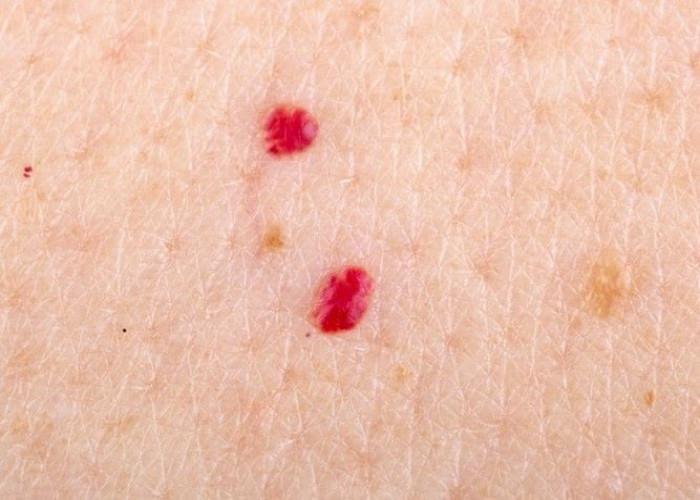 Welcome
Welcome
“May all be happy, may all be healed, may all be at peace and may no one ever suffer."
Desmoplastic small round cell tumors

Desmoplastic small round cell tumor (DSRCT) is a rare, aggressive tumor that typically occurs in the abdomen. It primarily affects children, adolescents, and young adults.
DSRCT is a type of soft tissue sarcoma and is characterized by the presence of small, round cells surrounded by dense fibrous tissue. It is also associated with a unique genetic abnormality, involving a translocation between chromosomes 11 and 22.
The symptoms of DSRCT can vary depending on the location and size of the tumor but may include abdominal pain, bloating, weight loss, nausea, and vomiting. DSRCT can also spread to other parts of the body, including the liver, lungs, and bones.
Treatment for DSRCT typically involves a combination of surgery, chemotherapy, and radiation therapy. However, because it is an aggressive tumor, the prognosis for DSRCT is generally poor. Long-term survival rates are low, and recurrence is common.
DSRCT is a rare tumor, and treatment should be performed by experienced oncologists who have experience with this type of cancer. Research into the underlying causes of DSRCT and new treatments is ongoing, and clinical trials are available for eligible patients.
Research Papers
Disease Signs and Symptoms
- Tissue cancer or tumor
- Skin cancer
Disease Causes
Disease Prevents
Disease Treatments
Surgery is usually used to treat desmoplastic small round cell tumors. This cancer happens when abnormal cells form in the soft tissues. It usually happens in the tissue that lines the inside of the belly. Surgeons work to remove as much of the cancer as they can. Other treatment options might include chemotherapy with strong drugs and radiation with powerful energy beams.
Disease Diagnoses
Disease Allopathic Generics
Disease Ayurvedic Generics
Disease Homeopathic Generics
Disease yoga
Desmoplastic small round cell tumors and Learn More about Diseases

Folliculitis

Chronic daily headaches

Yeast infection (vaginal)

Meniere's disease

Wilson's disease

Henoch-Schonlein purpura

Pseudocholinesterase deficiency

Tularemia
desmoplastic small round cell tumors, ডেসমোপ্লাস্টিক ছোট ছোট কোষের টিউমার
To be happy, beautiful, healthy, wealthy, hale and long-lived stay with DM3S.
